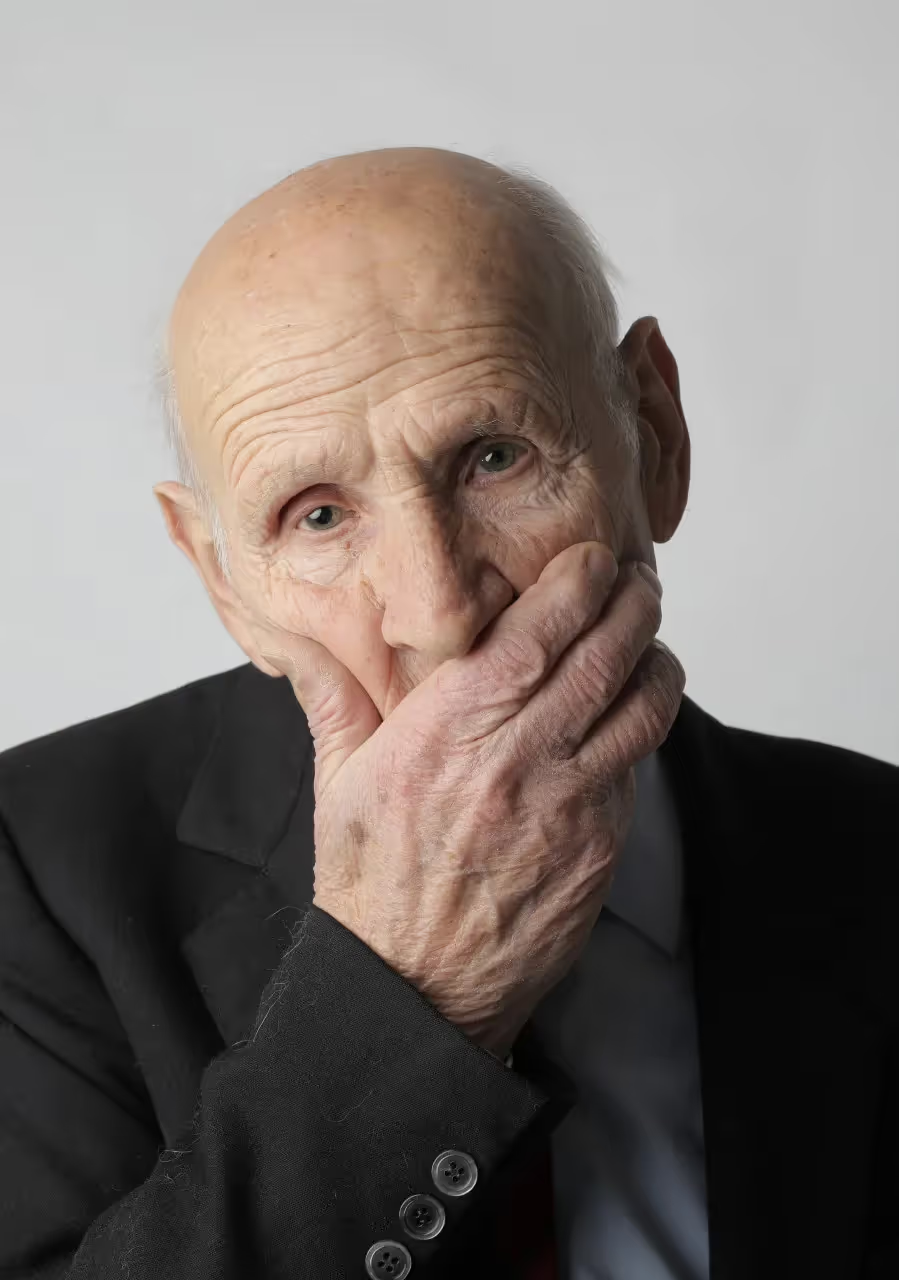Each person has their response to grief. There are certain factors that can affect grief responses. Learning about grief responses would help provide...

Each person has their response to grief. There are certain factors that can affect grief responses. Learning about grief responses would help provide support for grief. A person's culture and religion are vital parts of their belief system. Most people, either directly or indirectly, are influenced by their culture and religion. One of the most critical factors that affect grief responses is the culture and religion of a person. The loss of a loved one can cause multiple responses from a grieving person. The strength of the relationship with a lost one can make it more difficult to grieve. However, it is essential each person grieves in their own fashion. In cases where the death of a person is expected, it increases the chances of a healthier grief response. Expected death can allow people to prepare for their impending loss. This is one of the important factors that affect grief responses. Find out five factors that affect grief responses below:
In most cases, a person's core beliefs are determined by their religion and culture. The influence of culture and religion extends to all aspects of a person's life. This is another factor that can affect grief responses. The concept of death can mean different things in different cultures. Most cultures have their way of handling the loss of a person. The manner you are familiar with dealing with can influence your grief response. The religious beliefs of a person can also be pivotal. For instance, believing in an afterlife with a loved one can help to deal with loss. Religion might also invoke a strong feeling of regret that cannot be altered. Each culture and religion offers its own unique perspective on how to grieve and related matters. You might have a grief response that is largely influenced by your religious and cultural beliefs. It is important to remember the way a person grieves is personal and unique to themselves.
One of the factors that affect grief responses is the level of intimacy with the person lost. After all, most people do not grieve for strangers. Typically, the deeper the intimacy level, the more grieving a person will experience. A big part of grief is dealing with the absence of a person in your life. Naturally, for most people, the more intimate the relationship with the lost person is, the more difficult grieving is. There might appear to be a gap in your life. It is important to remember that grief is complex. Although you might assume the amount of grieving about a loss determines the level of intimacy, it might be unrelated. There are other factors that determine the grief response of a person besides intimacy. Losing people integral to your life, like a partner or close friend, can make challenging grief responses. Accepting support from other loved ones can help deal with losing an intimate person. It might also help to find new ways to remain connected to the person lost.
The process of grief can be very complicated. Another factor that might affect grief responses is the expectancy of loss. How you react to a sudden loss is likely different from how you would respond to an expected death. Expectancy of loss refers to the likelihood of the death of a person. For instance, there might have been medical reports making predictions on a person's life expectancy. Learning about the expectancy of losing a loved one can be a double-edged sword. Expecting loss will allow some people to deal with the loss and their feelings before any loss. This can help some people to have a more peaceful grieving process. However, for some people, expecting the loss of a loved one can cause them to suffer for a longer period. For most people, suddenly losing a loved one is extremely difficult. They struggle to have their farewell. This can limit the speed of their grieving and cause longer grief responses.

A support system can be beneficial when dealing with grief. Essentially, a support system is a group of people that provide support to a person. The support system of most people is usually filled by their Friends and family, Support from friends and family can be a vital part of any grief response. For instance, friends and family might offer support with meals or even provide financial help. A good support system will help reduce the burdens on a grieving person. Grief might make it appealing to be isolated from friends and family. It might be difficult to accept any support from friends and family in times of grief. One of the factors that affect grief responses is the support system accompanying a person. A support system can also include seeking help from a professional. It might help to visit a local hospital or seek a counselor to assist in processing grief. This will likely lead to a healthy grief response.
Most people will likely experience grief multiple times in their lifetime. Over time, some people become better equipped at managing their grief response. It is important to remember this reaction is still subject to other factors that affect grief responses. In the case of a person with no prior grief experience, grief can be complicated to manage. The concept of death can be challenging to understand and process. People with previous grief experiences might understand how to move past death and the grieving process. It is also possible that a loss can also cause recollections of prior grief experiences. Suffering multiple losses in a similar manner can cause reliving difficult moments. This could even occur if the death were unrelated to that of a loved one. Losing multiple people in a short period can also cause a vulnerable response to grief. For some people, this could mean losing two vital members of their support system. It could even be losing a person that could have helped to deal with the loss of a loved one.
Each person has a way they respond to grief. Understanding grief responses helps to provide support for grief. Some factors that affect grief responses include culture & religion, intimacy level, expected loss, support system, and prior grief experience.
https://www.grievewell.com/for-supporters/factors-that-can-lead-to-complicated-grief/
http://www.healthcare-information-guide.com/factors-that-influence-grief.html
https://www.griefandloss.co.uk/external-and-internal-factors-that-affect-the-grieving-process/
https://tobinbrothers.com.au/factors-influencing-grief-responses/
https://www.mentalhelp.net/grief-and-bereavement/factors-influencing-the-process/
Yes, we provide supportive counseling for family members who are struggling with the loss of a loved one. Our compassionate therapists can help you gain insight into your feelings and provide constructive strategies to cope with the pain of bereavement.
It is not mandatory that all conversations revolve around the issue causing your grief but our therapists will provide guidance on how best to process the situation. You are in control of how much or little you want to share in a session, but it is important to stay open and honest with your therapist for optimal results.
We offer a variety of specialized services, including individual therapy, group therapy, and various therapeutic approaches such as cognitive-behavioral therapy (CBT) or psychodynamic therapy.
There are a variety of symptoms that can be associated with grief in the elderly. Some common physical symptoms include fatigue, changes in appetite, and difficulty sleeping. Emotional symptoms can include sadness, anger, anxiety, and guilt. It's also common for those who are grieving to withdraw from social activities and lose interest in hobbies or activities they once enjoyed.
Dealing with someone who is addicted to drugs or alcohol can be difficult. It is important to remember that addiction is a disease, and the addict is not responsible for their behavior. You can offer support and understanding, but it is important to set boundaries. You can also get help for yourself through therapy or counseling.
It can be difficult to know what to say to someone who is grieving, but sometimes simply being there for them and offering your support can be helpful. You might try saying something like, "I'm here for you if you need to talk" or "I'm sorry for your loss." You could also offer to help with practical tasks such as running errands or cooking meals.